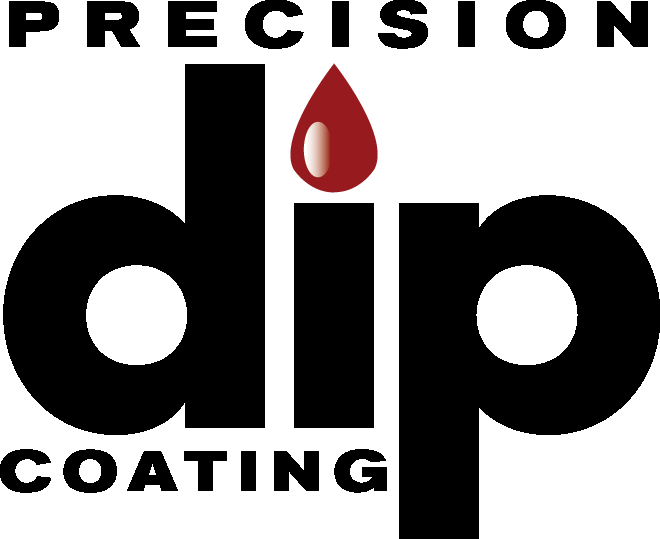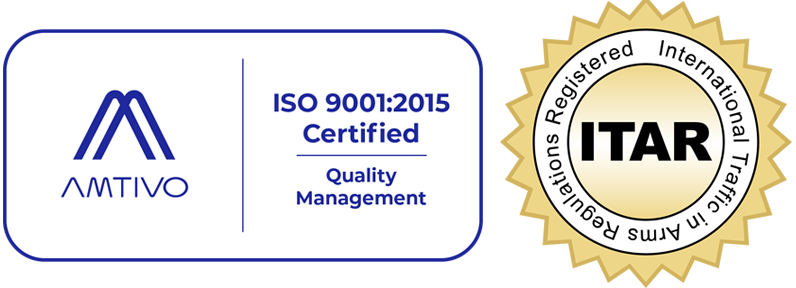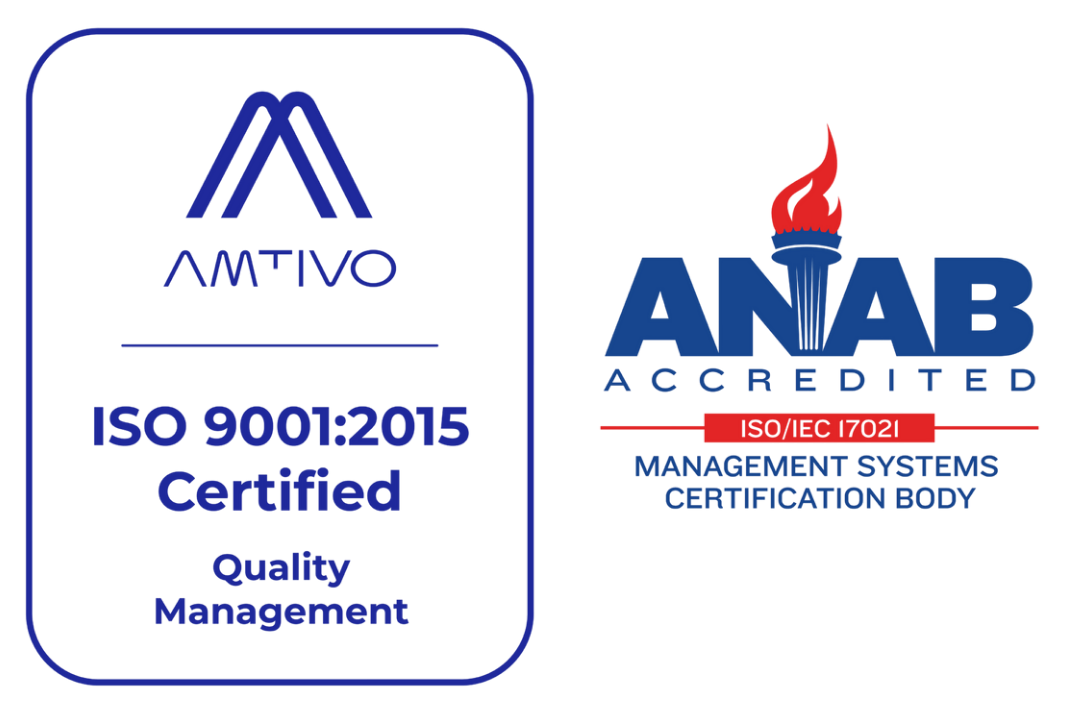Comparing Epoxy, Vinyl, and Nylon Coatings for Noise and Vibration Damping in Automotive Applications
Choosing the Right Coating for Noise and Vibration Damping in Automotive Systems
Controlling noise and vibration in vehicles is essential not only for comfort but also for mechanical integrity and performance. Among the most effective solutions are functional coatings that serve as damping layers between vibrating components. This article compares epoxy, vinyl, and nylon coatings, evaluating their advantages, limitations, and best-use scenarios in automotive applications.
The Role of Coatings in Automotive Vibration Control
Modern automotive designs must meet strict NVH (Noise, Vibration, Harshness) standards. Functional coatings serve a dual purpose: they reduce resonance between metal components and protect against corrosion and wear. These coatings are especially critical in parts like engine mounts, brackets, underbody panels, and interior fasteners where vibration-induced fatigue can occur.
Epoxy Coatings – Rigid and Protective
Epoxy coatings are commonly used for their excellent adhesion, chemical resistance, and structural strength. While they’re not inherently flexible, their hardness contributes to vibration resistance by minimizing surface friction and contact noise.
Pros:
- Excellent corrosion resistance
- Strong mechanical bonding
- Heat and chemical resistance
Cons:
- Limited flexibility
- Less effective in absorbing vibration directly
Best used in: Chassis components, underbody structures, control arm brackets.
Vinyl Coatings – Soft and Absorptive
Vinyl coatings offer a softer, more elastic layer compared to epoxy. This elasticity makes them particularly effective for absorbing impact energy and reducing high-frequency vibration and noise. Vinyl coatings also provide a cushioned surface ideal for moving parts or components that experience repeated contact.
Pros:
- High flexibility and sound-dampening
- Good chemical and weather resistance
- Customizable thickness
Cons:
- Lower heat resistance
- Less abrasion-resistant than epoxy or nylon
Best used in: Brake components, cable housings, interior mounts, wire harnesses.
Nylon Coatings – Balanced Durability and Damping
Nylon coatings strike a balance between hardness and flexibility, making them a versatile option in automotive applications. Their abrasion resistance and low coefficient of friction make them ideal for areas with repetitive motion or mechanical contact, where vibration damping and wear resistance are both required.
Pros:
- Good abrasion and chemical resistance
- Moderate sound and vibration absorption
- Excellent durability under mechanical stress
Cons:
- Requires precise application parameters
- Can be less flexible than vinyl in thick coatings
Best used in: Gear housings, pedals, engine mounts, and under-hood components.
Let Precision Dip Coating Help You Choose the Right Material
Selecting the right coating isn’t just about material properties—it’s about understanding the performance needs of your specific part. At Precision Dip Coating, we help Tier 1 and OEM automotive manufacturers identify the ideal solution for reducing noise, vibration, and wear using expertly applied coating technologies.
Whether you're developing brake hardware, suspension systems, or sensitive electronics enclosures, our team is ready to assist.
Located at 176 Chase River Rd, Waterbury, CT
Contact us at (203) 805-4564
Email:
sales@precisiondipcoating.com







